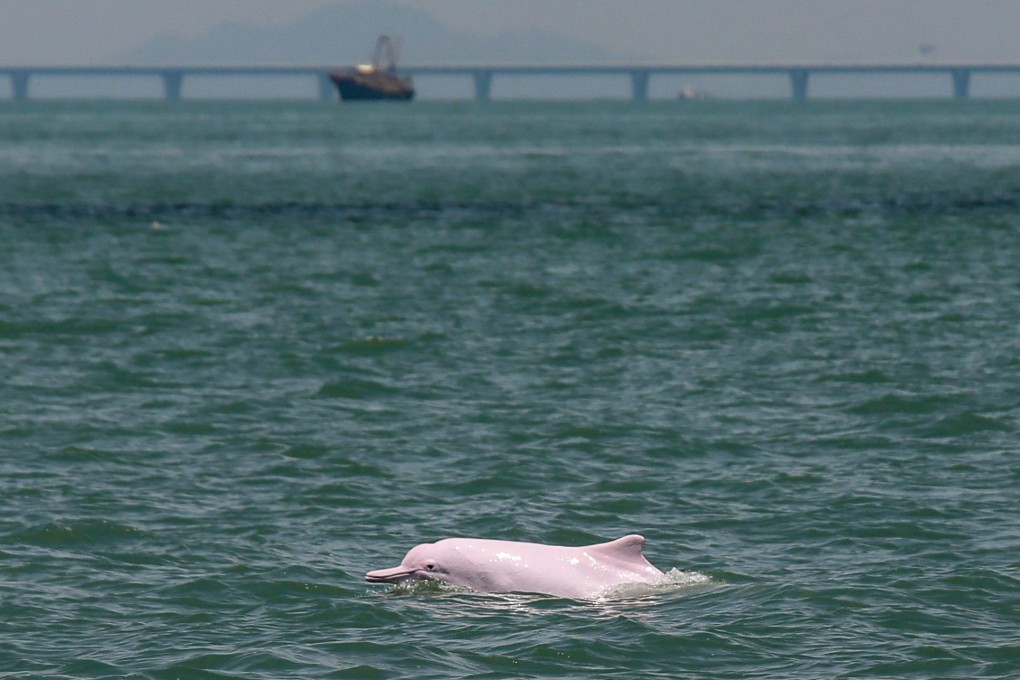Opinion | From air pollution to waste, has Hong Kong’s environmental report card improved since 1997?
- For years the government has pursued growth at the expense of sustainability, with environmental policies proving inadequate or painfully slow to materialise
- Chief Executive John Lee’s promise of measurable impact means he needs to deliver on key indicators like waste per capita and population figures for endangered species

I recall a famous term from the pre-1997 era: “positive non-interventionism”. This was a guiding principle for the colonial government, which believed that a free market would drive success. This notion is correct to some extent, but when it comes to environmental or social issues, the government should not stand on the sidelines.
The United Nations identifies three core elements of sustainable development: economic growth, social inclusion and environmental protection. Leaving out the environmental and social, while allowing market forces to hold full sway, has resulted in negative outcomes like pollution and financial hardship.
The Green Earth has reviewed seven key environment-related metrics from 1997 and 2020. While our city has seen improvements in three areas – noise, air pollution and water quality – it has scored badly in others such as waste management and nature conservation.
First, waste management: the amount of waste generated daily per capita in 1997 was 1.98kg. After almost a quarter of a century, this number showed no signs of dropping, but instead had climbed to 2.01kg in 2020. Over the past two decades, various waste management plans and policies have been launched by every administration, starting boldly with the first chief executive Tung Chee-hwa.
A major policy among many from the Waste Reduction Framework Plan launched in 1998 was the Landfill Charging Scheme. The aim was to introduce relevant legislation in 2000 to charge for the disposal of all types of waste except household waste.

